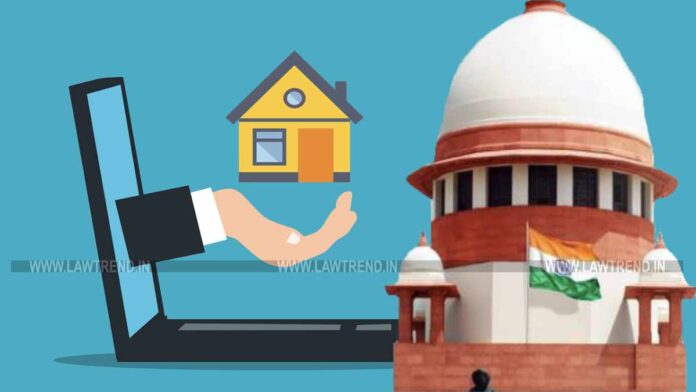In a significant ruling on landlord-tenant disputes, the Supreme Court in Murlidhar Aggarwal (D) through LR Atul Kumar Aggarwal vs Mahendra Pratap Kakan (D) through LRs and Ors., Civil Appeal No. 4275 of 2017, upheld an eviction order originally passed by the Prescribed Authority in 1983. The apex court reversed the judgment of the Allahabad
To Read More Please Subscribe to VIP Membership for Unlimited Access to All the Articles, Download Available Copies of Judgments/Order, Acess to Central/State Bare Acts, Advertisement Free Content, Access to More than 4000 Legal Drafts( Readymade Editable Formats of Suits, Petitions, Writs, Legal Notices, Divorce Petitions, 138 Notices, Bail Applications etc.) in Hindi and English.




